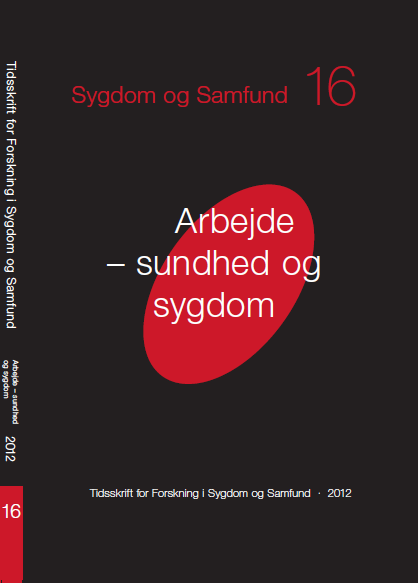Fra sygdomsforfald til sygefravær - arbejde og sygdom mellem rettigheder og pligter i den moderne velfærdsstat
Published 2012-07-05
How to Cite
Abstract
What can we learn about the relation between work and sickness by studying incapacity for work as it manifests itself in the way in which the phenomenon is discursively constructed and regulated by law in the period from 1950 to the present? This question is examined by tapping into various historical materials taken from newspapers, magazines, political debates and legislation. The material is analysed from a perspective inspired by Reinhart Koselleck that tries to infer the historical processes from the changes in which a concept is used differently over time. The analysis – drawing on Habermas and Foucault - reveals a fundamental ambivalence of sickness absence: on one hand, the regulation of temporary incapacity for work changed for the better by allowing workers to take sick leave when they felt like it without being economically punished. On the other hand, these newly won rights had unintended consequences e.g. leading to the exclusion of workers with fragile health status. At the same time, the use of statistics and sickness absence interviews can be seen as ‘technologies of power’ that normalize the way in which work and sickness can be integrated in our society.

